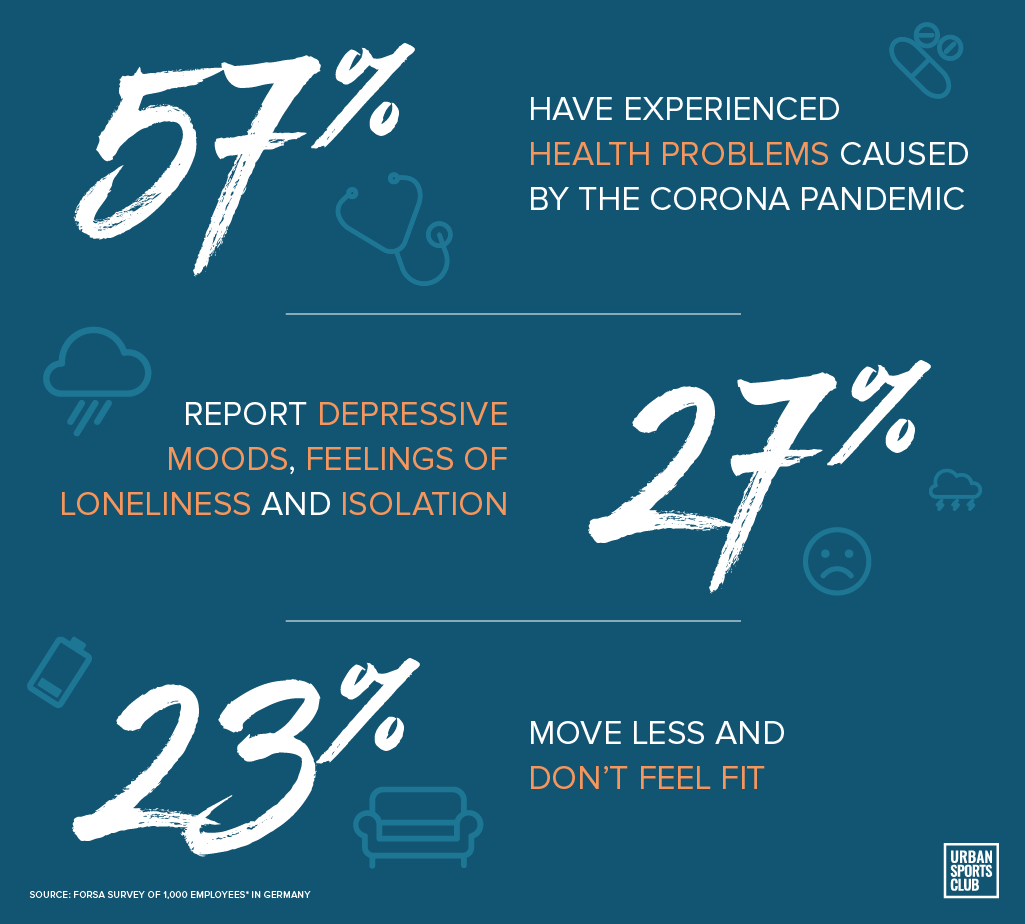The pandemic has changed office culture and the world of work for many people. According to a survey by statista, around 60 percent of companies are now offering their employees the option to work from home. For many, the new normal is now a combination of office and remote working. But, at some point, our daily lives will return to normal. But will normality return to our daily lives? Post-pandemic, how will office culture and the labor market change?
Post-Corona, will we go back to rigid office hours? We wanted to explore how the crisis has given companies the opportunity to re-evaluate the world of work, so we got in touch with LinkedIn Top Voice 2020 winner and New Work expert Alice Greschkow to find out more about “New Work 2.0.”
Alice writes weekly articles about the transformation of the world of work, and covers quite a wide range of topics, including the “big picture,” new realities, performance pressure and further education. In doing so, she has connected with many LinkedIn users. Based on her informed opinion on studies, books and observations, she shares her outlook on the job market of the future.

Alice, what has been the most defining change in the world of work in your eyes?
Digitization went from being an abstract buzzword to part of everyday life. Millions of people have worked from home for the first time in their lives, with new communication and project tools. This has heightened awareness of new ways of working and living, as well as the problems that go with it.
How can companies create a productive work environment that meets employees’ changing needs?
Employees need,
1.) ….a good infrastructure, i.e., they must be equipped with the necessary software and hardware to access work materials and communication channels.
2.) …. clear rules for the new way of working. We cannot simply transfer usual patterns of working and communication to digital. Agile methods and clear rules in the digital sphere are crucial to providing guidance to employees.
3.) …. Companies that establish digital strategies that ensure personal exchange via telephone or video conference with teams and management. After all, if people feel invisible and disoriented, their commitment and attachment to their work will dwindle.
What happens after the crisis is over? Do we return to pre-crisis working conditions?
Many people have seen that personal, spontaneous exchanges cannot be easily transferred into the digital world. Personal interaction is missing. That’s why there will be a partial return to meetings and face-to-face interactions, but with a transformed perspective. Workplaces will be consciously perceived as places of exchange, discussion and collaboration.
However, I think some developments are now clearly established. For example, the reduced need for business travel and keeping home office as an option. We’ve learned to function effectively remotely, and fears of digitalization have disappeared. We can build on this in the future.
What challenges will these developments pose for the working world?
We’re in the midst of a learning process, and many questions remain unanswered. For example, how do you succeed in transferring knowledge within an organization with little personal contact? How do we develop a strong corporate culture where teams stay positive and motivated even when they rarely see each other? And most importantly – how do we deal with people who suffer from mental stress because they feel more pressure at home to be constantly available or feel lonely? All of these issues have an impact on well-being, creativity, innovation and productivity and should be prioritized by organizations.
What opportunities and perspectives do these changes offer?
I am fundamentally positive about these changes in working life, because studies show that most people feel very comfortable with hybrid working models, which can save time and resources, for example with commuting. It means the compatibility of family and career has come to the fore.
Thank you for answering our questions, Alice!
———
Depression and lack of exercise: effects of the pandemic
The pandemic isn’t just having an impact on the world of work; the health of employees is also suffering. Urban Sports Club, together with research institute forsa, asked 1,000 employees how they were feeling and what changes they’d like to see from their employer.

You can find the results of the representative survey here.

